https://youtu.be/pDZen5jyU_0
Longtime “Beat the Press” watchers and listeners know that one of our obsessions over the years has been news reporters who withhold juicy details in order to save them for the books they’re writing. It’s something that our host, Emily Rooney, has brought up a number of times, with Bob Woodward a frequent target of her pique. And there’s no question that it’s a problem.
The latest journalist to come under criticism for this practice is Maggie Haberman of The New York Times, whose new book about Donald Trump, “Confidence Man,” has some previously unheard revelations — chief among them Trump’s insistence that he wasn’t going to step down from the presidency after he lost the 2020 election to Joe Biden. “I’m just not going to leave,” Trump supposedly told an unnamed aide, which drew a rant from Susie Banikarim on the “Beat the Press” podcast a few weeks ago. “Now that is information I think the American public probably needed to know,” she said. “It is an important piece of the puzzle, and I just I think it’s depressing when journalists do this. It feels so cynical.”
I agree — with some caveats. I want to draw your attention to this excellent analysis by Washington Post media critic Erik Wemple, who defends Haberman and argues that much of the outrage being directed against her by the likes of “Never Trump” conservative Steve Schmidt and others is grounded in the mistaken notion that if only this factoid or that aside had been exposed in real time, the entire Trump presidency would have come crashing down.
“For six years running,” Wemple writes, “Trump’s fiercest critics have been pining for the perfect scandal that would harpoon his political viability once and for all — even though promising candidates, such as the ‘Access Hollywood’ tape and his suggestion to inject bleach as a COVID treatment, have fallen short.” To that I would add Trump’s trashing of John McCain’s war heroism and his mocking of a disabled reporter, neither of which stopped him from defeating Hillary Clinton in the Electoral College in 2020.
I mean, come on. Does anyone really think that if Haberman had reported Trump’s threat not to leave the White House at the time he issued it (she told Wemple she didn’t have it until later), then congressional Republicans would have stood up as one and demanded Trump’s resignation? After all, their outrage over his stoking of an attempted insurrection not long after that lasted maybe 72 hours before they all fell back in line.
Haberman also told Wemple that she did emerge from her book-writing cocoon several times to report stories that she and her editors at the Times believed were too important to sit on, including Trump’s habit of flushing documents down the toilet and concerns that Mike Pence’s chief of staff raised to the Secret Service that the vice president might be in danger during his visit to Capitol Hill to count the vote as a result of Trump’s violent rhetoric. She dropped that one just before a meeting of the Jan. 6 commission. So she gets it.
Haberman has been a lightning rod among anti-Trumpers for a long time. Their complaint is that she’s supposedly traded access in return for toning down her reporting. I can’t see it. As far as I can tell, her critics want her to layer on the pejoratives in her reporting, but that’s not her job. Whenever I see her byline, I dive right in, knowing that I’m going to learn something new and possibly important about Trump — who is, after all, an ongoing threat to our democracy. And Haberman gives us a lot to read. As NPR media reporter David Folkenflik noted on the public radio program “On the Media,” Haberman bylined or co-bylined 599 stories in 2016. Her productivity is a source of astonishment.
Speaking of Folkenflik, you should listen to his interview with her, in which he presses her pretty hard on the matter of withholding information for her book. She pushes back just as hard. It’s a feisty and enlightening exchange. Her interview with Trevor Noah, which I’ve embedded above, is also worth your time, though Noah gives her the softball treatment.


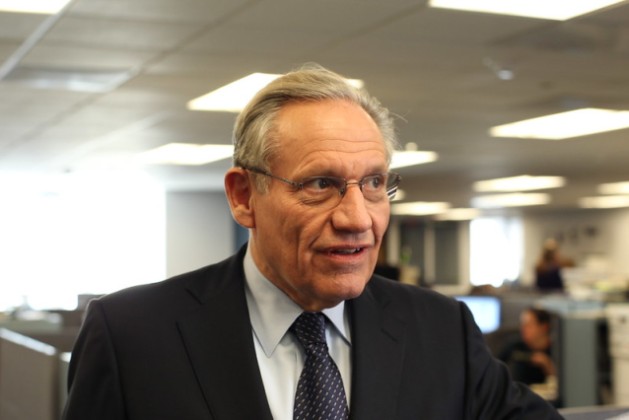

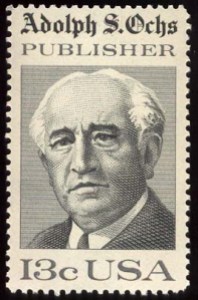
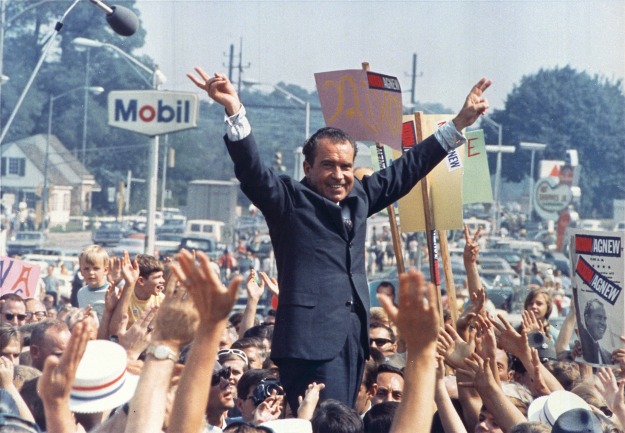
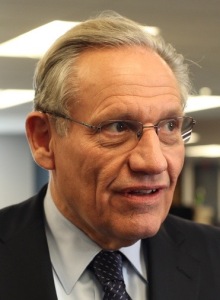
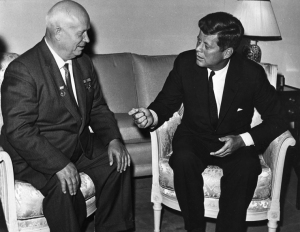
 By Bill Kirtz
By Bill Kirtz